You may have heard the saying: “Hate the sin, but not the sinner.”
But what does this truly mean in the light of the Vedas? Can someone with a past full of mistakes still be embraced by God? Is there hope even for those who have poorly stumbled on the path of Dharma?
According to Vedic wisdom, the answer is an absolute yes.
For the soul (ātman) is never sinful; it is eternally pure, a fragment of the Supreme. What we call sin is actually pāpa-pravṛtti, the tendency to act against Dharma. This occurs when the soul, enveloped by Maya, identifies with the body and ego, forgetting its true spiritual nature. The wrong actions are thus born of ignorance, not from the soul itself.
Every soul is part of God’s creation, journeying through countless lifetimes. Today one may fall into pāpa-pravṛtti, yet tomorrow, with knowledge, devotion, and God’s grace, that same soul can rise to divine heights.
When the Buddha walked the earth with his disciples, he would often speak of his past lives.
Whenever a disciple condemned someone, Buddha would gently remind them:
Whenever a disciple condemned someone, Buddha would gently remind them:
“Forty lifetimes ago, I was like that.”
Such is the nature of divine compassion—it sees not just what we are, but what we can become.
Even the Greatest Sinners Can Become Saints
Our scriptures give us powerful examples of those who turned around completely:
Ajamil
- Ajamil was born a Brahmin but fell into bad company and became addicted to gambling, drinking, and associating with a prostitute.
- He abandoned his wife and Dharma, living a sinful life.
- Yet at the end of his life, in fear of death, he cried out the name of his youngest son, Narayan.
- Although he was not consciously calling Bhagwan Narayan, the Divine Name still had such power that Vishnudutas came and saved him from the Yamadutas.
- After this incident, Ajamil devoted himself to bhakti and attained liberation.
Jagai and Madhai
- In Navadvip, there were two sinful brothers, Jagai and Madhai, known for violence, drunkenness, and crimes.
- When they encountered Chaitanya Mahaprabhu and Nityananda Prabhu, initially they attacked, but later their hearts were transformed by mercy.
- They surrendered, gave up their sinful ways, and became devotees, remembered as symbols of how even the worst can be uplifted by divine grace.
Pingala the Courtesan
- Pingala was a prostitute in Mithila who spent her life chasing worldly pleasures.
- One night, after waiting for customers and feeling dejected, she suddenly realised the futility of lust and wealth.
- That night itself, she turned inward, surrendered to God, and attained peace. Her story is remembered as a sudden awakening from bondage to liberation.
No matter how terrible the past, if a person turns toward God with sincerity, He welcomes them with open arms. This is His all-accepting nature.
Ubuntu: The African Tradition That Mirrors Divine Love
There is a beautiful tradition among some South African tribes called Ubuntu.
If someone commits a crime, the tribe does not punish them harshly. Instead, they bring the person to the centre of the village and, one by one, people recall the good that person has done.
If someone commits a crime, the tribe does not punish them harshly. Instead, they bring the person to the centre of the village and, one by one, people recall the good that person has done.
Why?
Because they believe in the inherent goodness of every soul, the ritual is done to evoke that dormant goodness, saying:
“You may have done wrong, but you are not wrong. You are capable of goodness, and we want you to grow in it.”
This is not just African wisdom—it reflects the timeless truth of the soul’s divine origin.
The Soul’s Inborn Desire for Justice
Even a person steeped in sin wants to be treated justly. There’s a humorous yet revealing story:
A thief stole valuables and returned home with a gleeful expression. But that same night, another thief broke into his house and stole his loot. When the first thief awoke and discovered it, he was furious:
“Who is this scoundrel?! I’ll break his bones!”
Someone remarked, “But aren’t you a thief too?”
He shouted, “Yes, but no one should steal from me!”
This contradiction reveals a profound truth:
Even those who do wrong expect goodness from others because the soul is wired for justice, love, and fairness. These are called Daivi Sampatti, the divine virtues of the soul.
They may be covered by ignorance, but they are never destroyed.
Shree Krishna’s Assurance in the Gita
Let’s turn to a beautiful verse from the Bhagavad Gita (9.30):
अपि चेत्सुदुराचारो भजते मामनन्यभाक् ।
साधुरेव स मन्तव्यः सम्यग्व्यवसितो हि स: ॥
api chet sudurāchāro bhajate mām ananya-bhāk,
sādhur eva sa mantavyaḥ samyag vyavasito hi saḥ
Translation: Even if the most sinful person worships Me with exclusive devotion, they should be considered saintly, for they have made the right resolve.
Shree Krishna doesn’t just say “a sinner”, He uses the word Sudurachari, someone of extremely sinful behaviour.
Yet, if that person turns toward God with one-pointed devotion, Krishna says, “Consider that person a saint.”
Why? Because they have made the proper resolution to change, to seek divine love. And once that inner shift happens, transformation is inevitable.
If God is confident in our ability to grow, why should we lose hope?
Vibhishan: A Story of Shelter and Acceptance
When Vibhishan, brother of Ravan, came to surrender to Bhagwan Ram, there was hesitation in the camp. He was, after all, from the enemy’s side. But Shree Ram declared:
“आनयैनं हरिश्रेष्ठ दत्तमस्याभयं मया ।
विभीषणो वा सुग्रीव यदि वा रावण: स्वयम् ॥”
Ānaya enaṁ hari-śreṣṭha dattam asyābhayaṁ mayā,
Vibhīṣaṇo vā Sugrīva yadi vā Rāvaṇaḥ svayam.
"Bring him to Me, whether he is Vibhishan or even Ravan himself; I have given him refuge."
Not only did Ram accept Vibhishan, but He also crowned him King of Lanka, even before Ravan was defeated.
When Sugriv asked, “But what if Ravan himself comes tomorrow and surrenders?”
Ram replied, “Then I will give him the throne of Ayodhya. My seat is empty; Bharat has placed my sandals there and waits in Nandigram. I will live in the forest, but I will never reject one who surrenders to Me.”
Such is the limitless grace of God. He sees not what you were, but what you can become.
The story of Vibhishan reminds us that God’s door is never shut to those who truly seek Him, regardless of their past, family, or failures.
Have You Ever Felt Too Broken to Be Accepted?
Have you ever felt like your past mistakes were too heavy, too shameful, too far gone for God to forgive?
You’re not alone.
But the truth is, you’ve never been disqualified from Divine Love. God isn’t looking for a perfect track record. He’s looking for an open heart. So take just one step toward Him today. He’s already reaching for you.
Because to God, you are not your past. You are your potential. And even the darkest night can give rise to a devotee’s dawn.
So remember:
- Your past does not disqualify you from God’s love.
- One moment of true surrender can begin a lifetime of transformation.
- God sees not who you were, but who you are becoming.
- Let us never give up on others or ourselves. Because in the eyes of God, even a sinner today can be a saint tomorrow.
God doesn’t count your sins. He counts your longing.

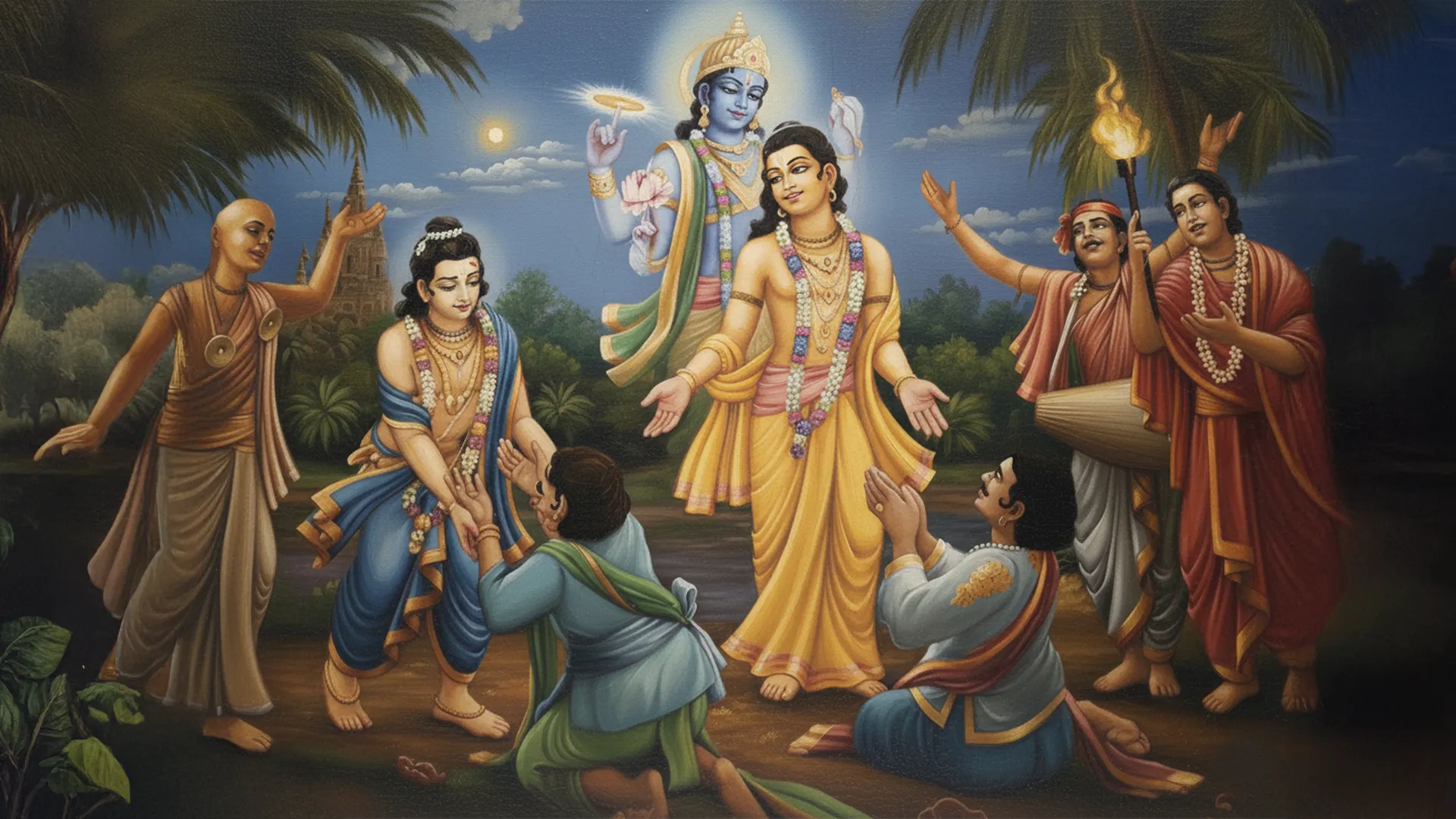

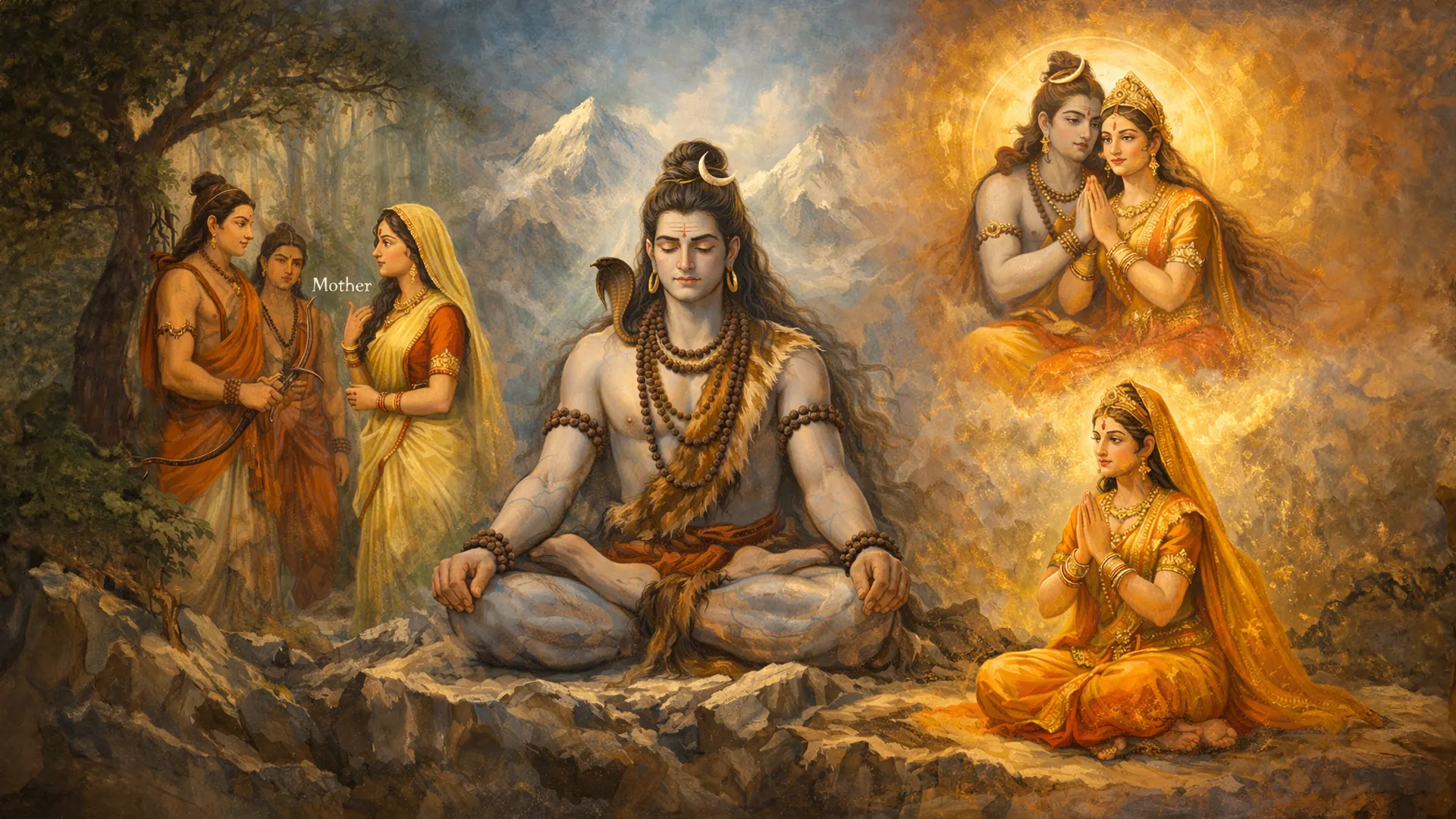
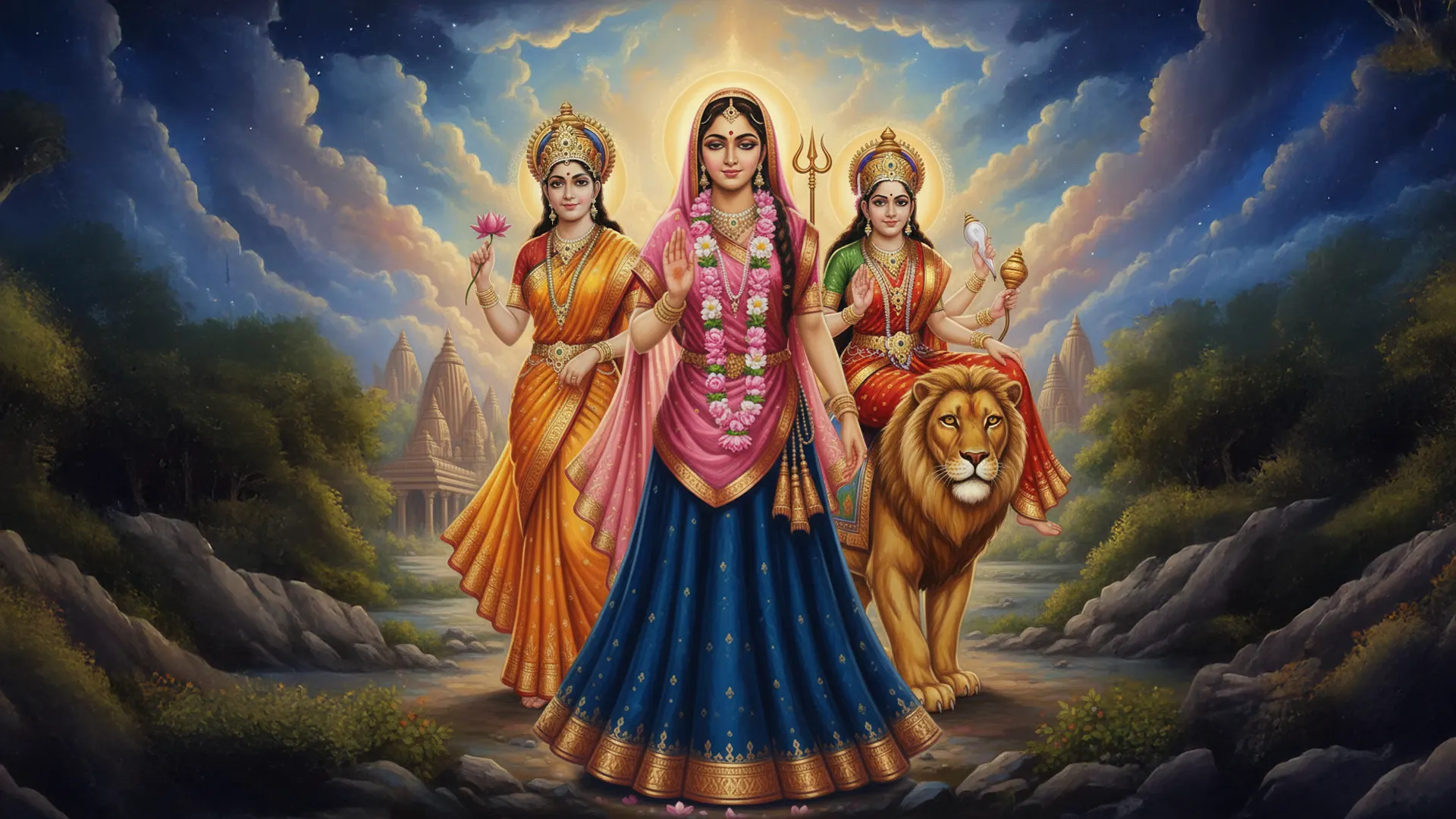
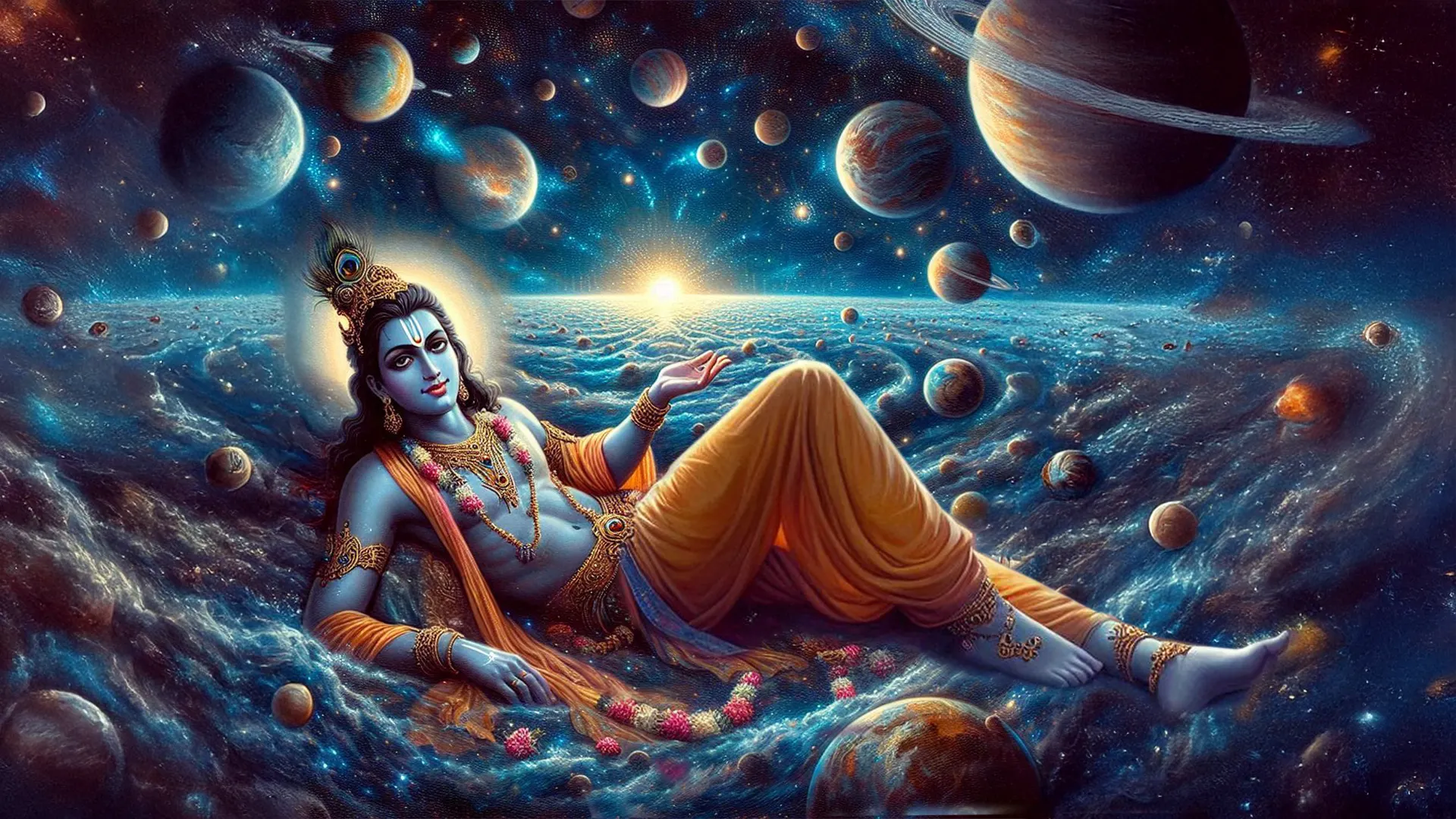
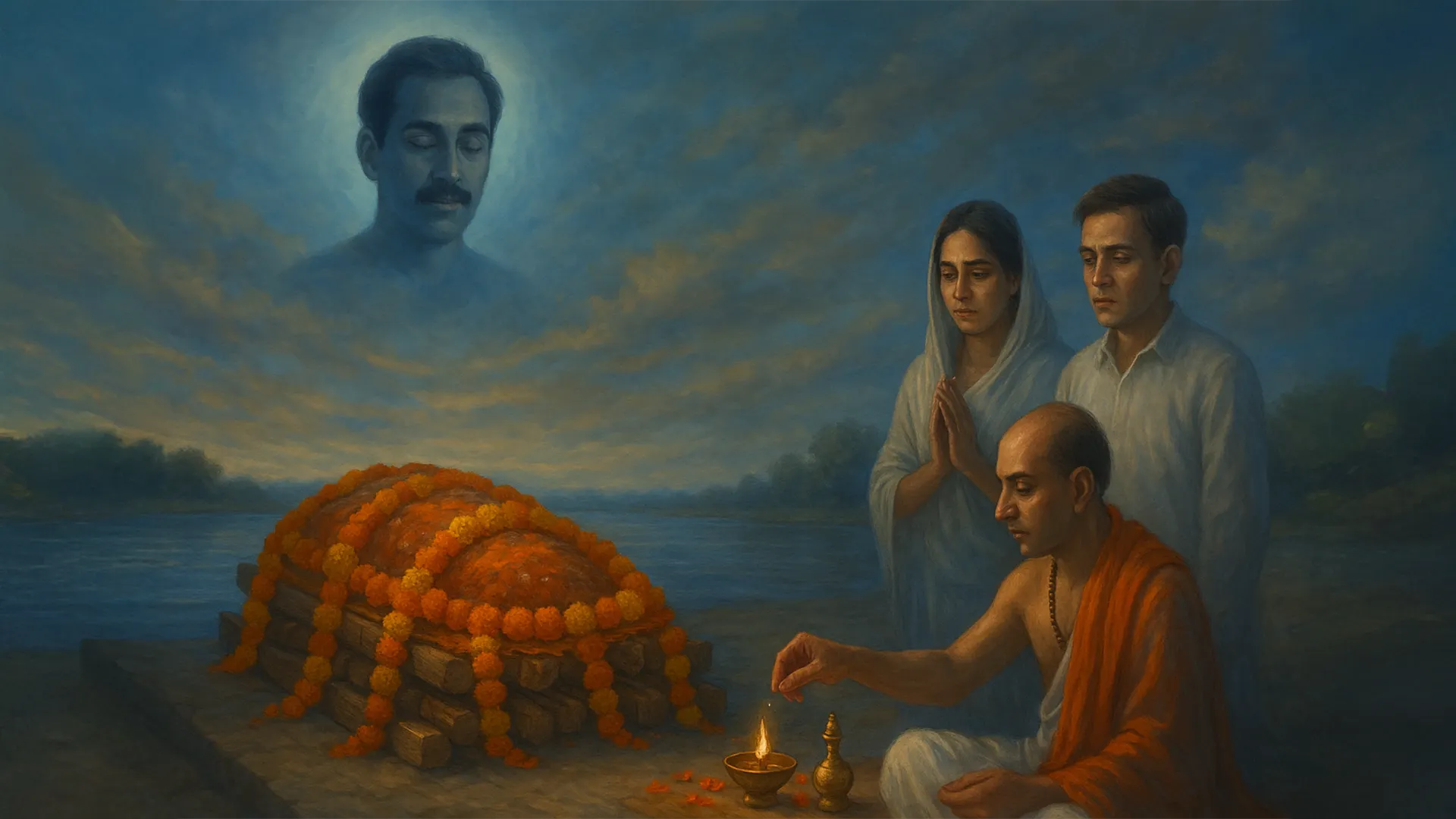
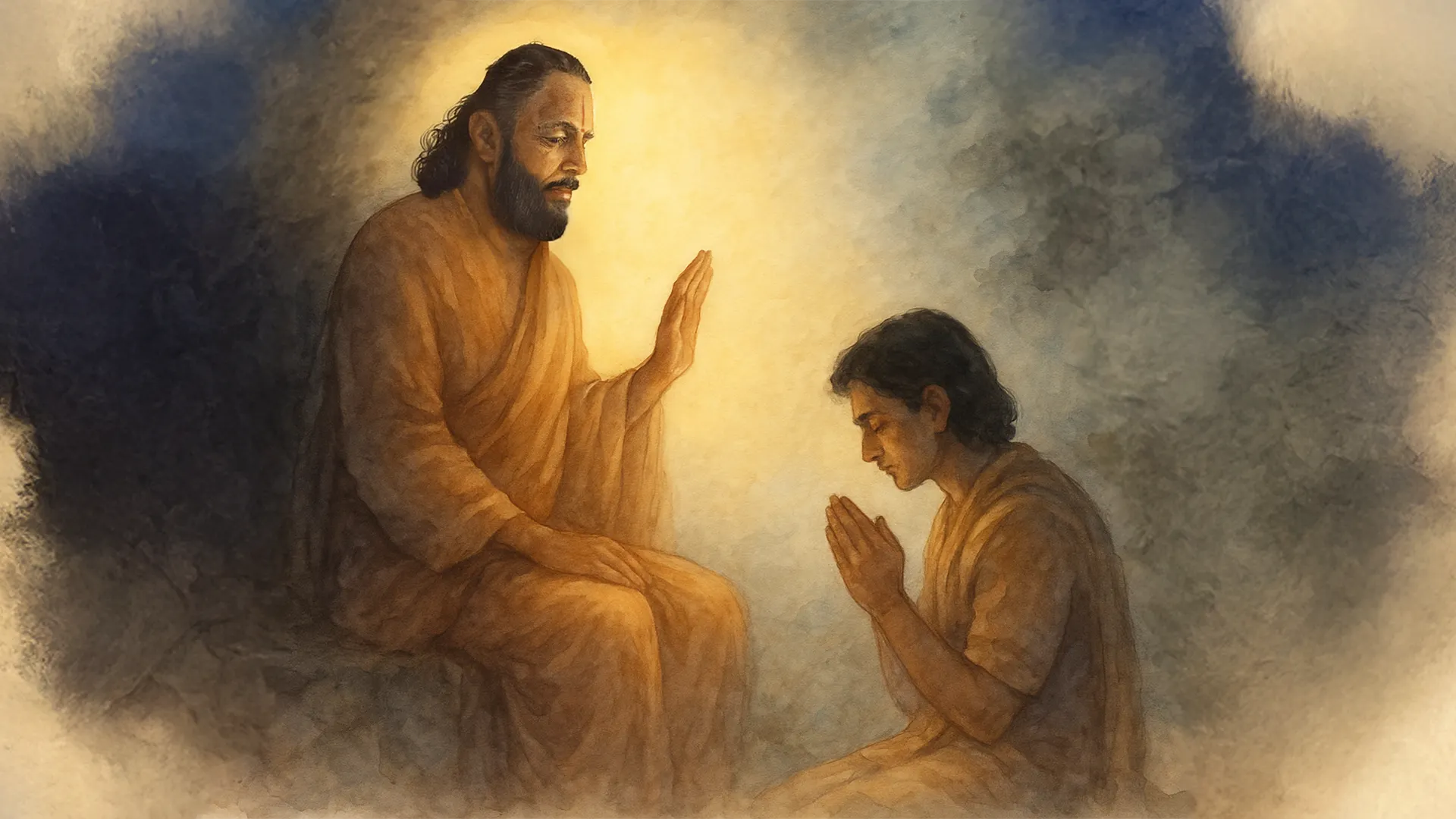
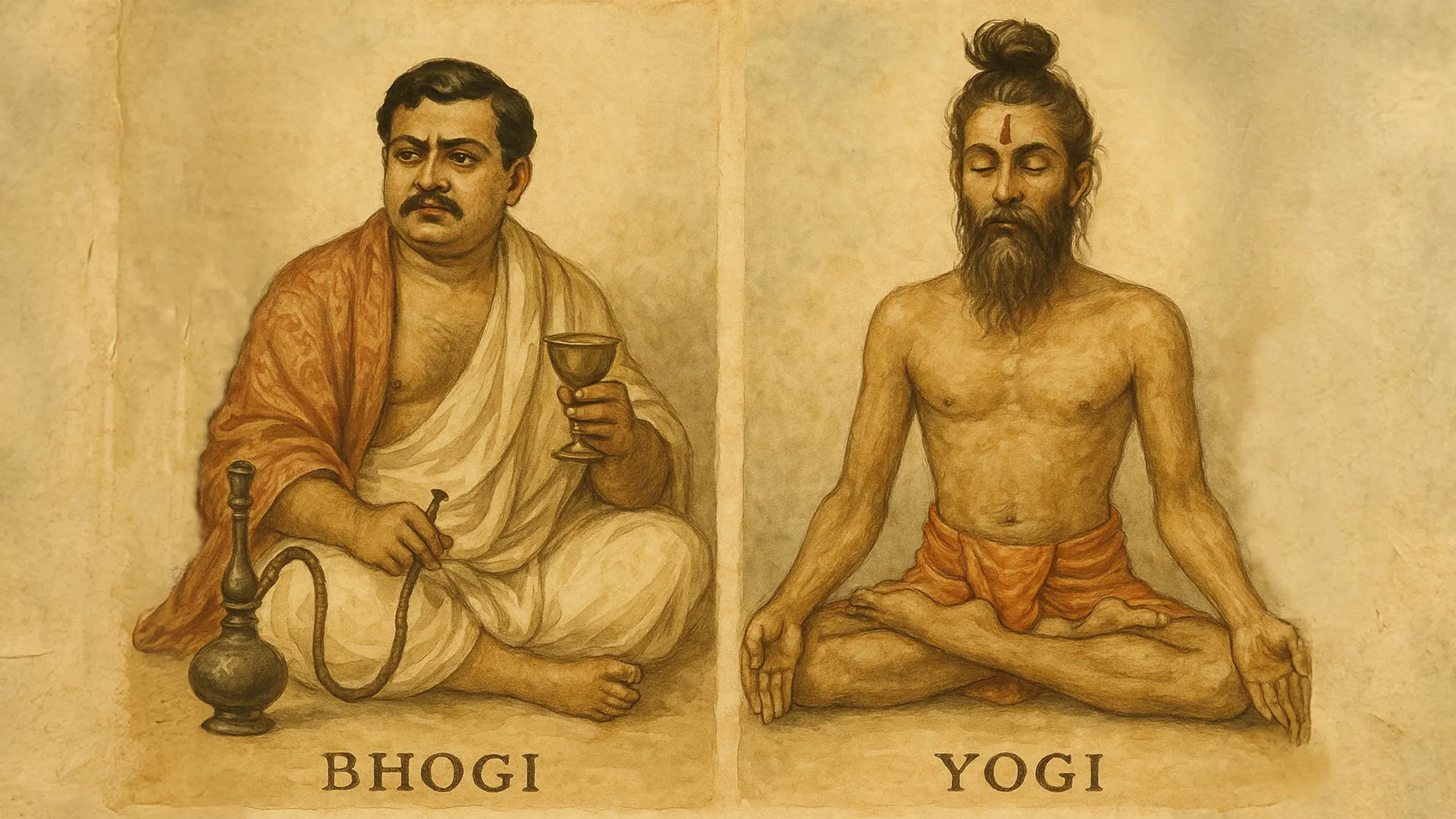
What our Participants say